Contents
Guide

The author and publisher have provided this e-book to you for your personal use only. You may not make this e-book publicly available in any way. Copyright infringement is against the law. If you believe the copy of this e-book you are reading infringes on the authors copyright, please notify the publisher at: us.macmillanusa.com/piracy. Contents Acknowledgements Grateful acknowledgement is made to the Editors of Punch, The London Magazine, The New Yorker, Harpers Bazaar, The Saturday Book, The Cornhill, The Atlantic Monthly, Encounter, The Observer, Vogue, Weekend Telegraph and The Philbeach Quarterly. The Harvest Hymn was published as a letter in Farmers Weekly.
The author is grateful to his friends John Hanbury Angus Sparrow, Lord Birkenhead and Thomas Edward Neil Driberg. The first made and introduced the original selection for Selected Poems; the second advised on the first edition of Collected Poems; and the third corrected grammar and punctuation, and changed some lines for the better. Additional Acknowledgements for UK 4th Edition The author is grateful to H.R.H. The Prince of Wales for his gracious permission to print A Ballad of the Investiture and to the late Thomas Edward Neil Driberg again for his consistent encouragement and constructive help. He thanks the editors of The Architect, The Cornhill Magazine, Encounter, The London Magazine, The Saturday Book and The Sunday Express, where some of the poems were first published. Introduction In the course of his long life (19061984), John Betjeman became the most popular British poet of the late twentieth century.
He outsold his contemporaries (including W. H. Auden); several of his lines entered the national bloodstream (mainly from lighter poems such as Slough, A Subalterns Love-song, How to Get On in Society); and he became a television celebrity before the term was invented. Furthermore, in a career which was at once separate from and entwined with his life as a poet, he spearheaded a movement to change public aversion to most things Victorian into general approval of that periods buildings and styles. As an example of a writer helping to create the taste by which he wished to be judged, it is an achievement to compare with T. S.
Eliots championing of modernism. Yet Betjeman who was briefly taught by Eliot at Highgate Junior School in north London is widely regarded as modernisms great opposite; as the poet who managed, in Philip Larkins words, to knock over the No Road Through to Real Life signs that this new tradition erected. Even at the height of his fame, this created problems for Betjeman, and for his audience. It meant that readers who defended his use of traditional forms, his moments of music hall comedy, his accessibility and lack of writerly guile, were branded as reactionaries, while people who attacked him risked seeming doctrinaire, academy-bound, and interested in newness to the exclusion of everything else. No one wrote about this better than Larkin. In the longest of several essays on Betjeman the Introduction to a Collected Poems for a largely uninterested American audience Larkin admitted: The quickest way to start a punch-up between two British literary critics is to ask them what they think of the poems of Sir John Betjeman.
For while their author has attained nearly every honour open to a writer of verse in this country, his work and its reputation still evoke a remarkable variety of response here. Twenty-two years after Betjemans death, and in the centenary of his birth, this variety is still evident. On the one hand there is still a flourishing Betjeman Society, a sizeable (but ageing) audience, and evidence to suggest that some of the most popular contemporary British poets (Simon Armitage, Wendy Cope) appeal to the readership he attracted. On the other hand, there is still a lack of academic interest in his work (university English departments have generally voted with the modernists), and no properly edited edition of his poems or prose. Inevitably, this creates a sense of unevenness, even of instability, in his reputation. But there is nothing new in this.
Right from the beginning of his career (his first collection, Mount Zion, was published in 1932), Betjeman went to considerable lengths to complicate the question of how seriously his readers should take him. Mount Zion itself elaborately designed by his friend Edward James set the pattern. Were the fancy typefaces a joke or a serious act of homage to earlier ages? And what about the poems? Some were obviously skittish (The Varsity Students Rag), some were obviously sombre (Death in Leamington), but many walked a fine line between the two types, or actually partook of both, in a way which confused categories. The subjects and titles of several poems compounded the problem and its pleasures: An Eighteenth-Century Calvinistic Hymn, For Nineteenth-Century Burials, The Sandemanian Meeting-House in Highbury Quadrant. Nine years after The Waste Land, poetry-readers were used to seeing the old laws flouted but Eliot and Pound and company did their flouting in the open, using broken forms which reflected the fragmented interior worlds of their poems. Betjemans rebellion was to put his new wine in old bottles, to make the staid Victorians dance, to see the airiness as well as the pathos in fast-vanishing things, and to incorporate details into the tradition (all those place names and ecclesiastical subgroups) while producing unofficial elegies for it.
There is a word for this: camp meaning to make light of what is in fact taken seriously. And what Mount Zion did was to introduce into British poetry a voice that makes better use of the camp range, of its subtle opportunities, unexpected depths and defensive tendernesses, than any other modern poet. It is the single most significant quality of the early work in Betjemans Collected Poems. But because the register of his camp is so readily mistaken for mere silliness, and because its texture has a delicacy which can easily be overlooked, it might also count as a drawback. So it is worth emphasizing that although Betjeman wrote a lot of funny poems, and said a lot of funny things, his camp (and the instinct for self-protection upon which it feeds) has its origin in very unfunny experience. It is this experience which forms the bedrock of his work, and guarantees its fundamental seriousness.
In his verse autobiography Summoned by Bells (1960), Betjeman admits to the embarrassments and difficulties of growing up in wartime England with a name that sounded German: Your name is German, John But I had always thought that it was Dutch That tee-jay-ee, that fatal tee-jay-ee Which I have watched the hesitating pens Of Government clerks and cloakroom porters funk. I asked my mother. No, she said, its Dutch; Thank God youre English on your mothers side. O happy, happy Browns and Robinsons! It wasnt just the tee-jay-ee that was fatal; there was the question of whether his name ended in -n or -nn, too. And although Betjeman would have poo-poohed the idea of submitting the name-business to a thorough Freudian analysis, there is enough readily available evidence in the poems to prove that his upbringing was fraught with issues of belonging, identity, acceptance, and tradition. It helps to explain why, through his prep school, then Marlborough, and even more decisively at Oxford, he went out of his way to cultivate the cultivated as well as the rich and titled.
It also sheds light on why he preferred the old forms in his writing. He wanted to be himself, to maintain a watchful distance, but he also needed to develop contacts with the national past, and particularly with the Victorian period which represented stability and prosperity because his personal past was less than he wished it to be. Around and beneath the formative name-drama lies an even more vitalizing difficulty: Betjemans relationship with his father as both man and tradesman. Betjeman senior spent all his life in the family firm (founded 1820) making furniture most of it for the luxury market (Maharajahs dressing-cases, the Tantalus / On which the family fortune had been made, The Alexandra Palace patent lock, The Betjemann trolley). Although many of these objects were beautiful, and produced to a high standard, the young Betjeman spurned them, along with the idea that he should enter the family Works. He would have been the fourth generation to do so, but this was not the kind of tradition he wanted.



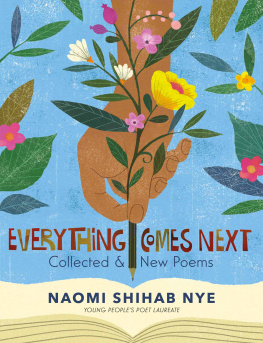
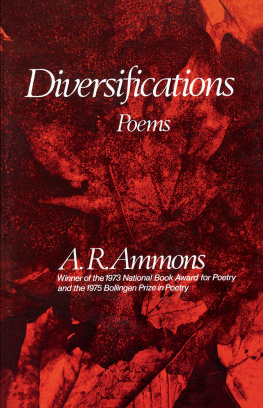
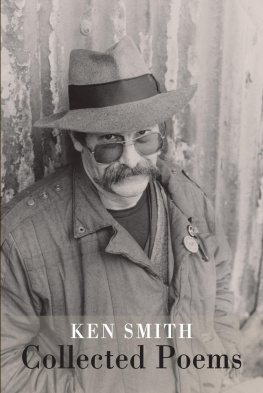
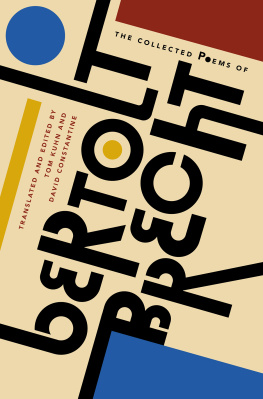
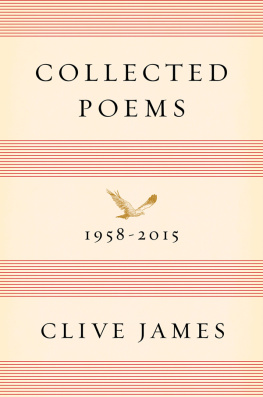
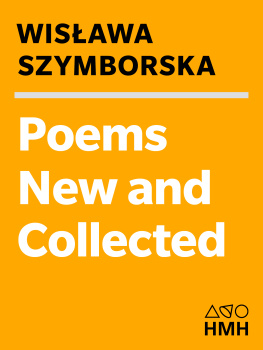
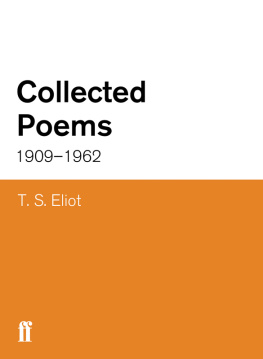
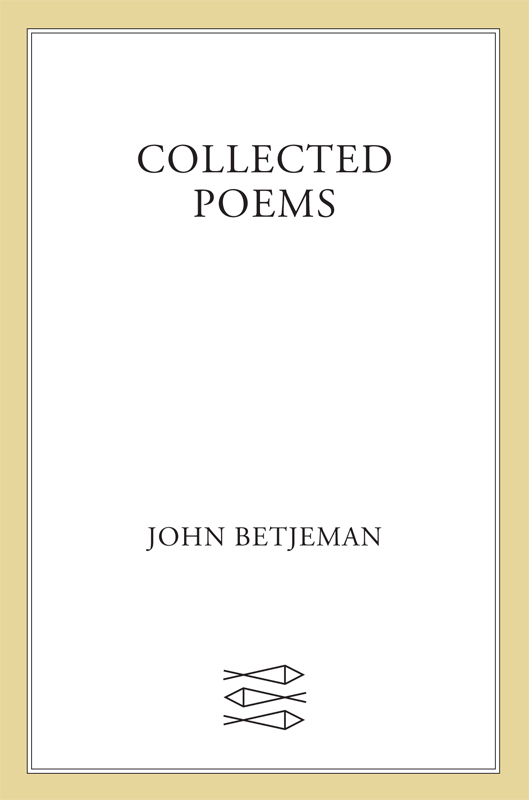
 The author and publisher have provided this e-book to you for your personal use only. You may not make this e-book publicly available in any way. Copyright infringement is against the law. If you believe the copy of this e-book you are reading infringes on the authors copyright, please notify the publisher at: us.macmillanusa.com/piracy. Contents Acknowledgements Grateful acknowledgement is made to the Editors of Punch, The London Magazine, The New Yorker, Harpers Bazaar, The Saturday Book, The Cornhill, The Atlantic Monthly, Encounter, The Observer, Vogue, Weekend Telegraph and The Philbeach Quarterly. The Harvest Hymn was published as a letter in Farmers Weekly.
The author and publisher have provided this e-book to you for your personal use only. You may not make this e-book publicly available in any way. Copyright infringement is against the law. If you believe the copy of this e-book you are reading infringes on the authors copyright, please notify the publisher at: us.macmillanusa.com/piracy. Contents Acknowledgements Grateful acknowledgement is made to the Editors of Punch, The London Magazine, The New Yorker, Harpers Bazaar, The Saturday Book, The Cornhill, The Atlantic Monthly, Encounter, The Observer, Vogue, Weekend Telegraph and The Philbeach Quarterly. The Harvest Hymn was published as a letter in Farmers Weekly.